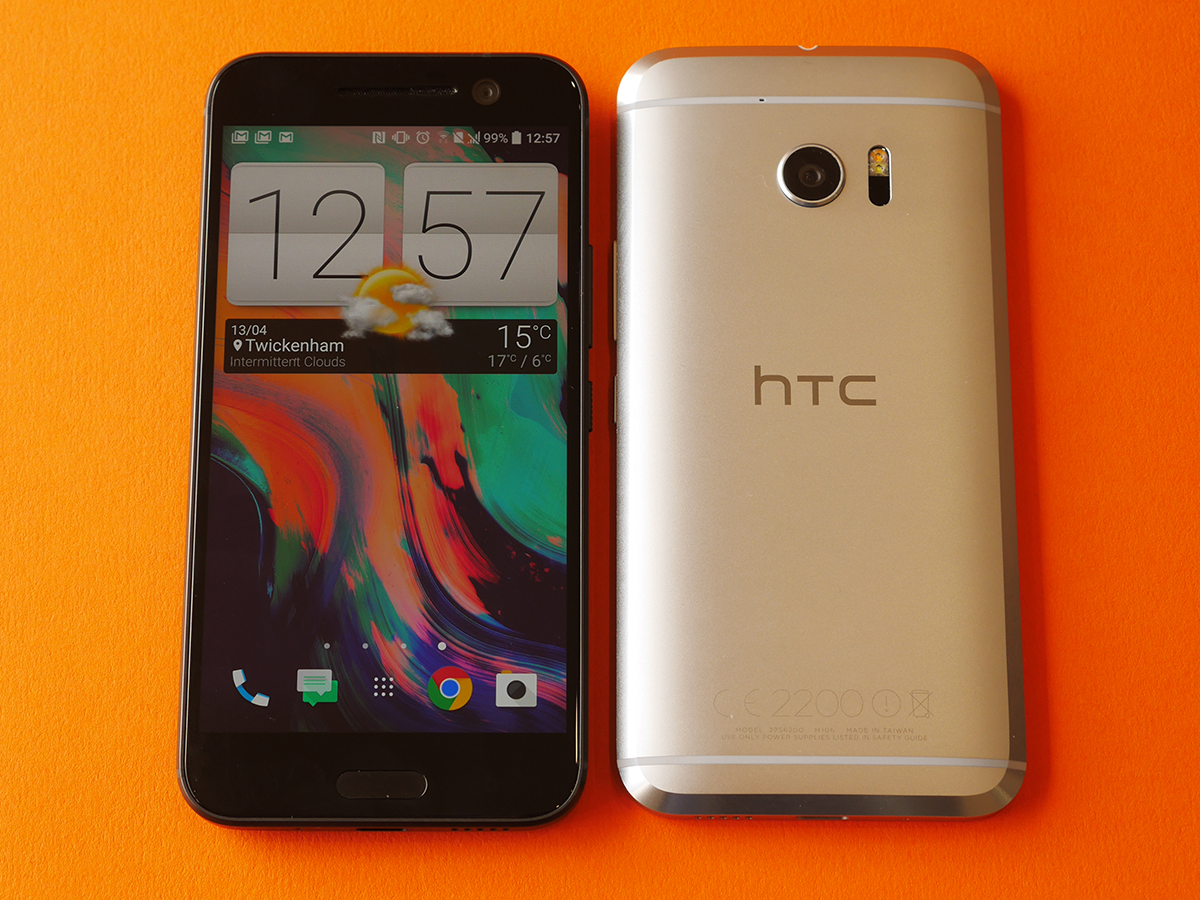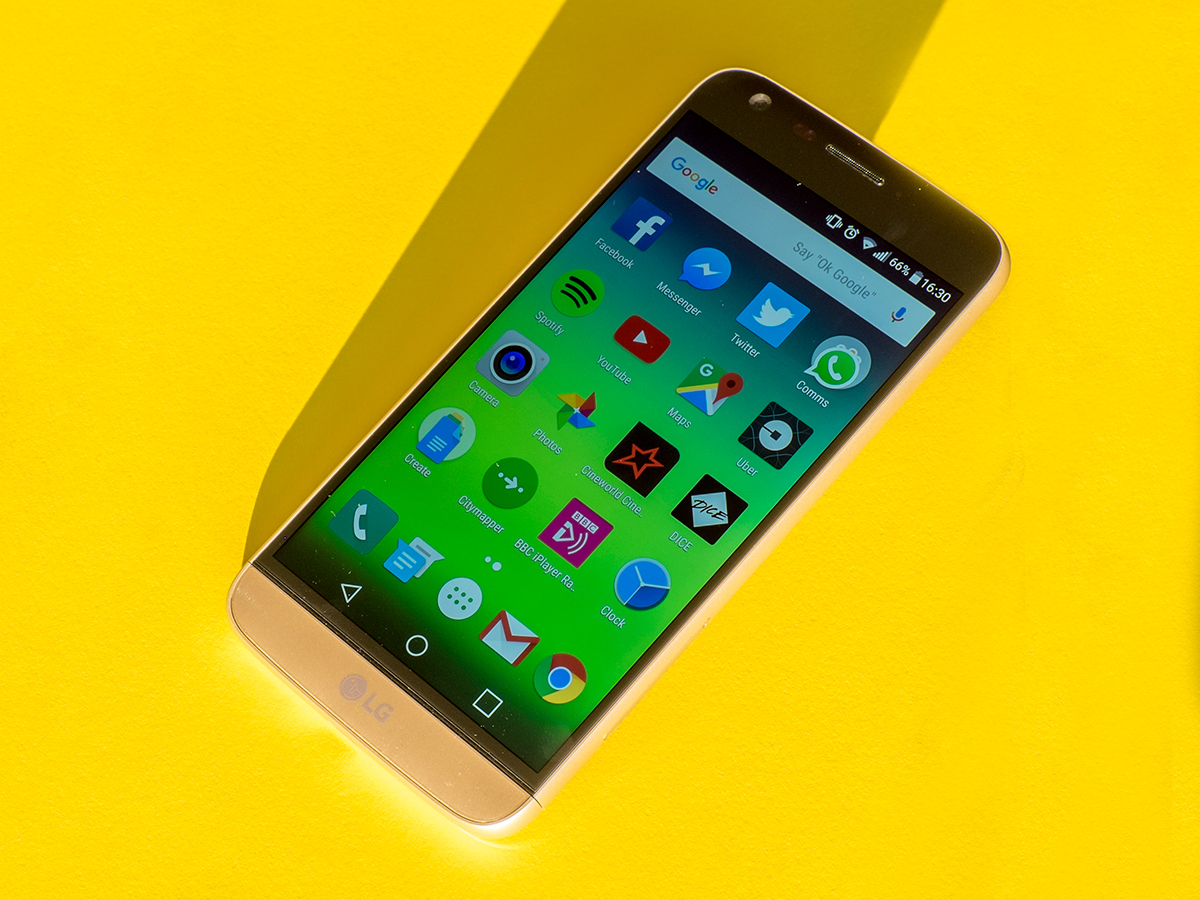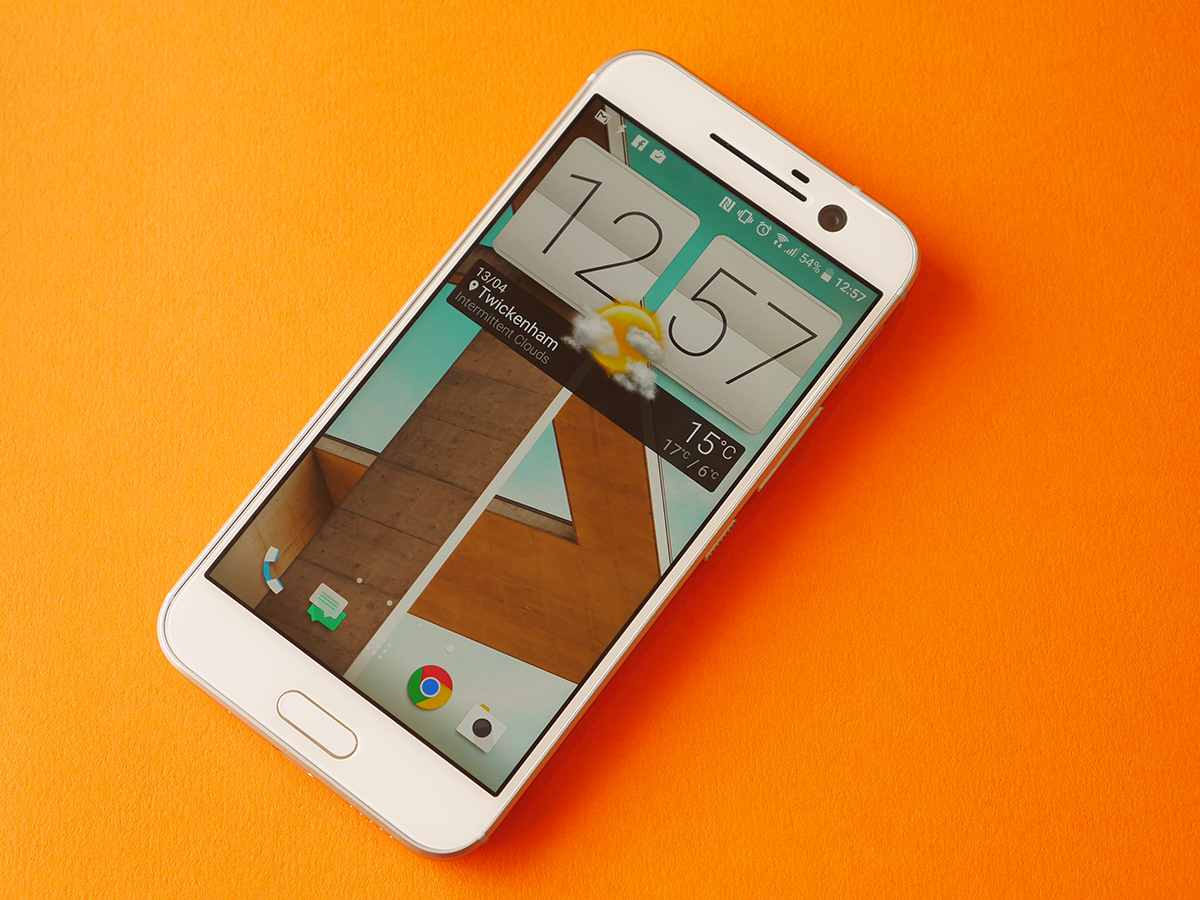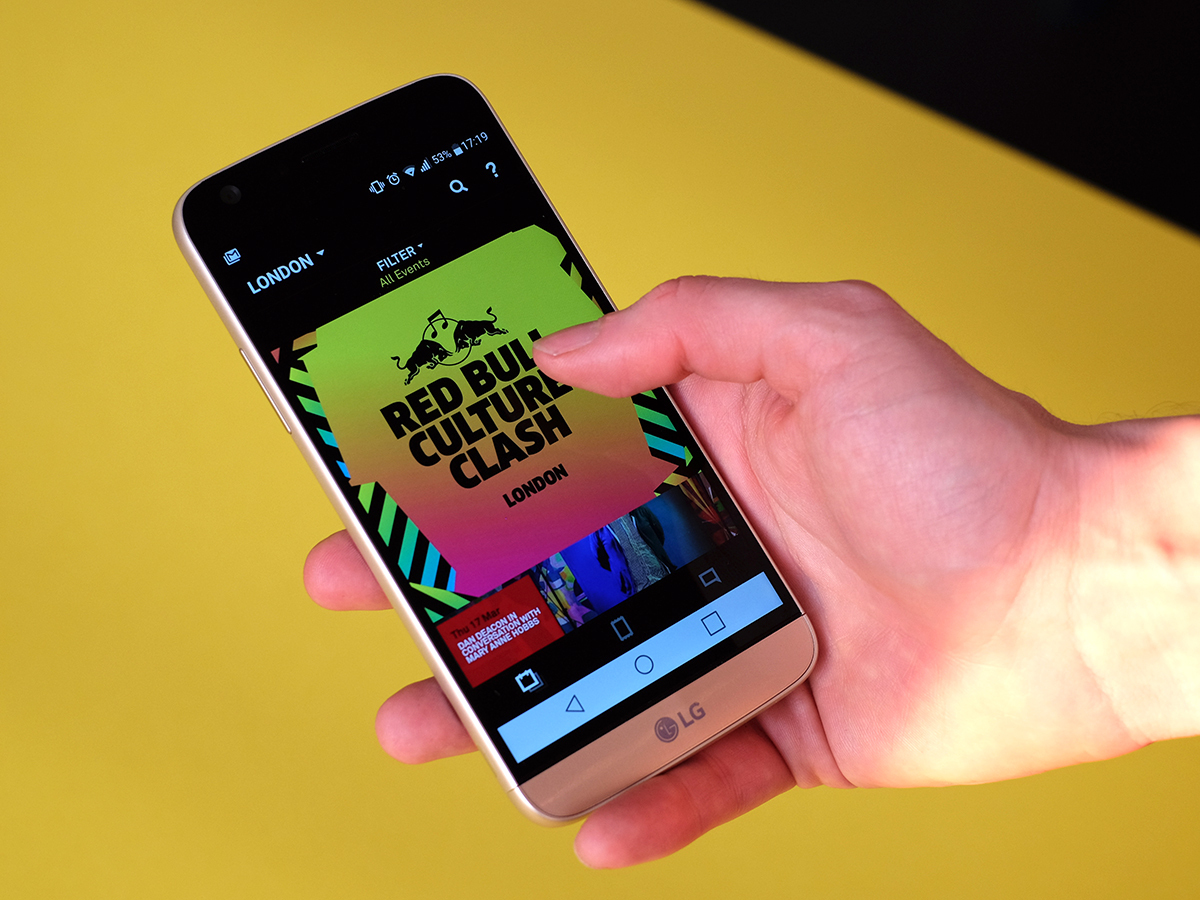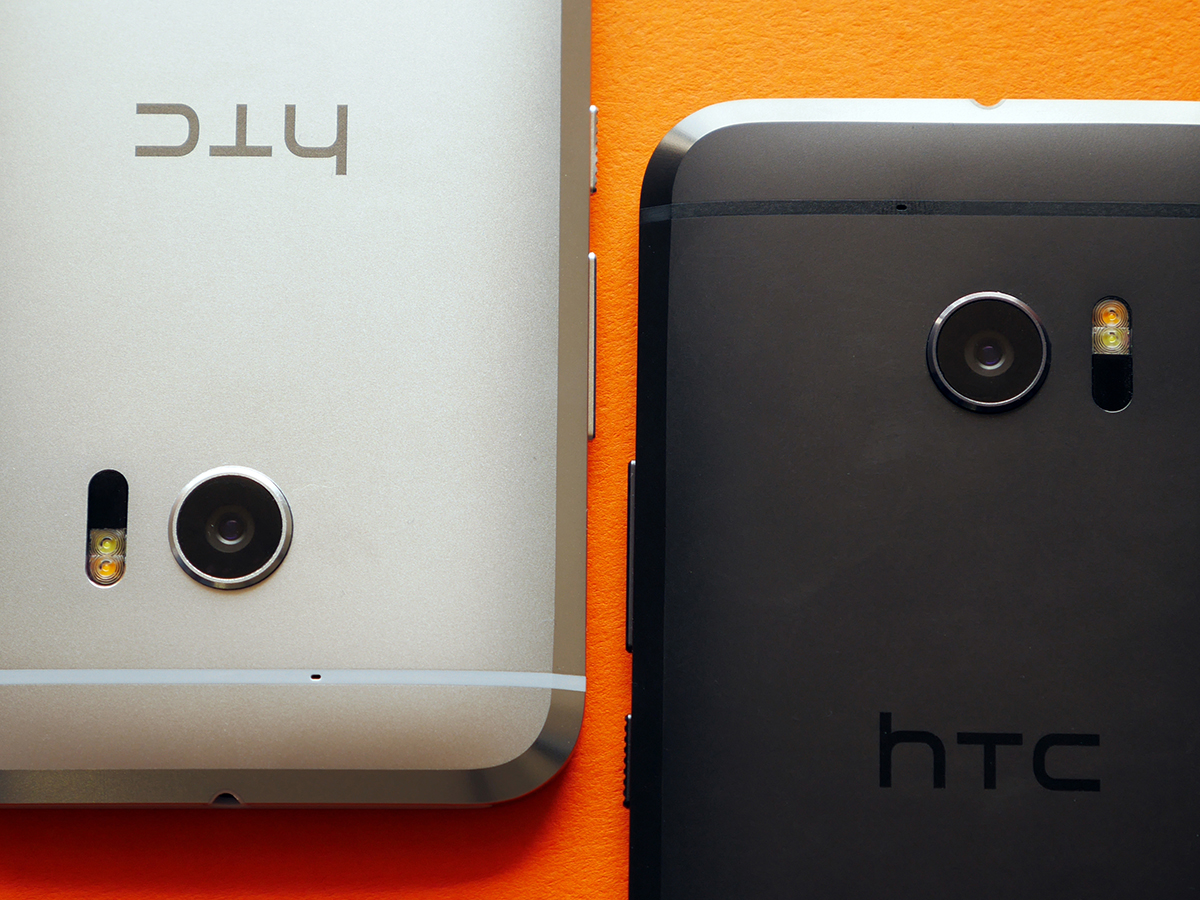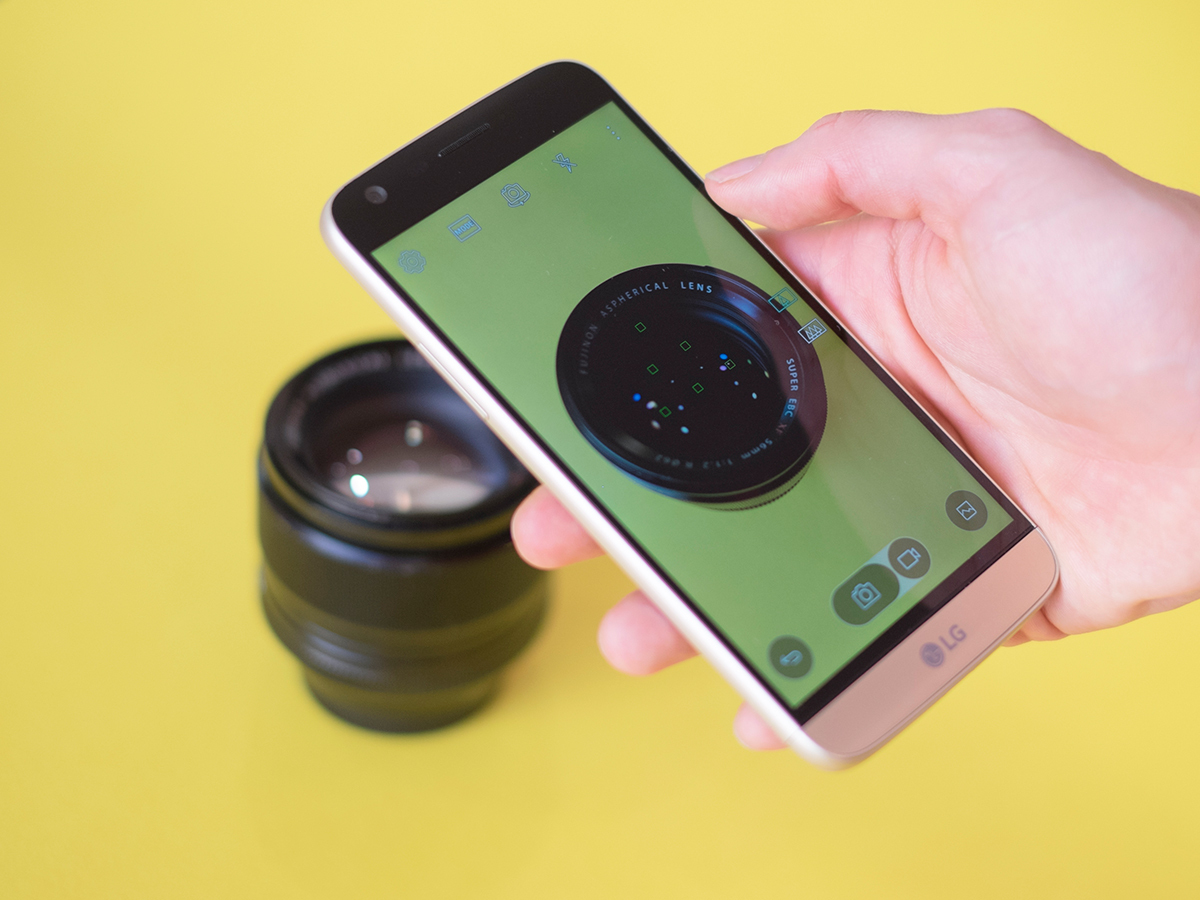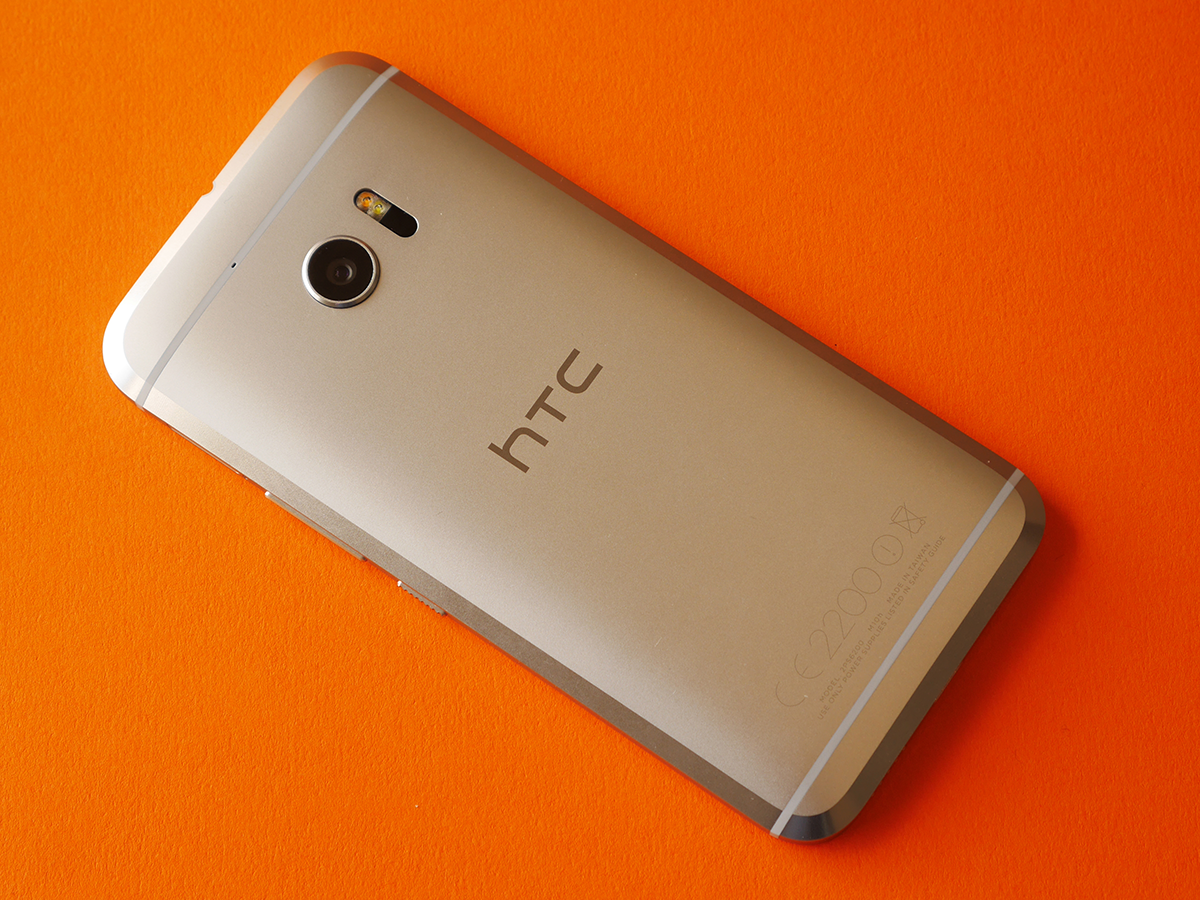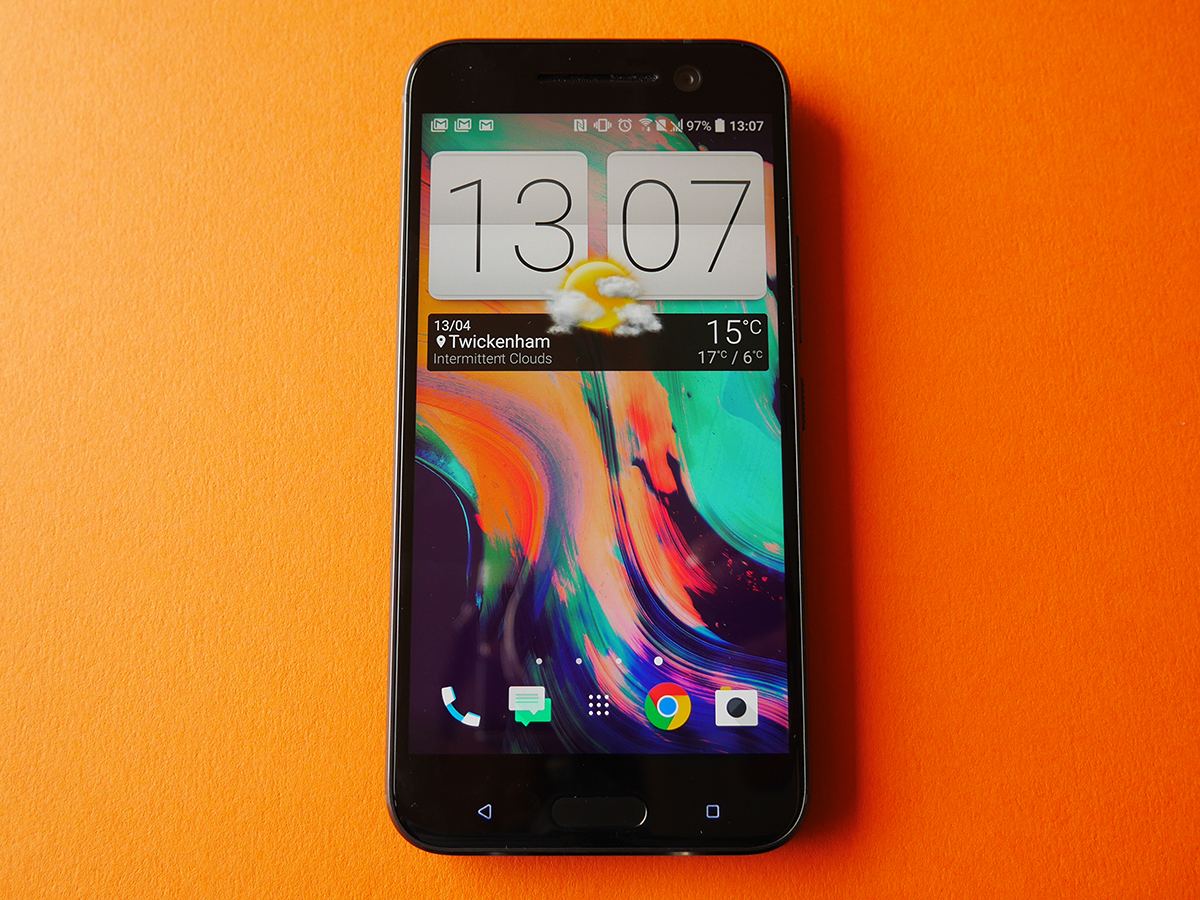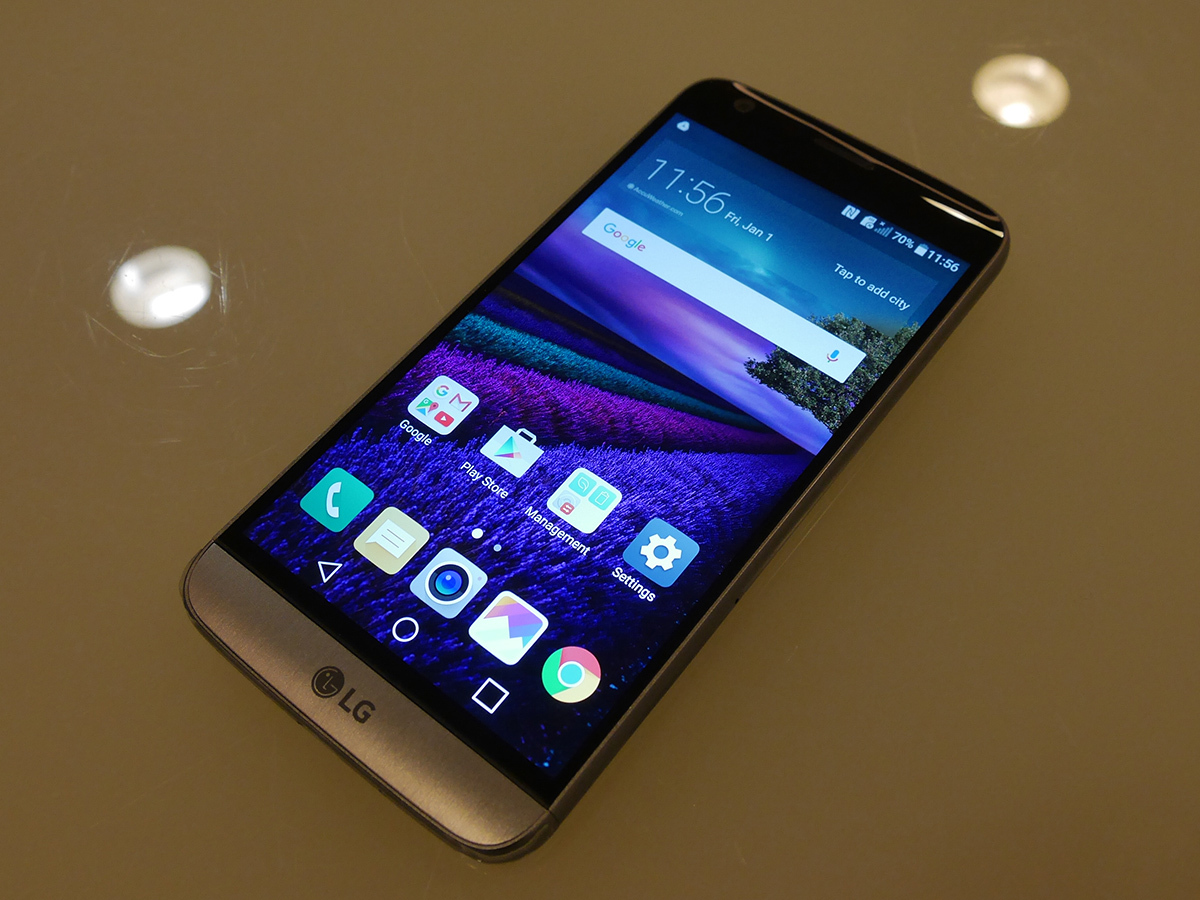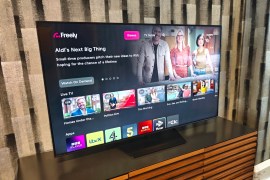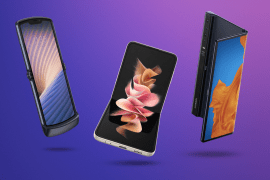HTC 10 vs LG G5
Not feeling the Galaxy S7 or iPhone 6s? We pit these alternative flagships against each other
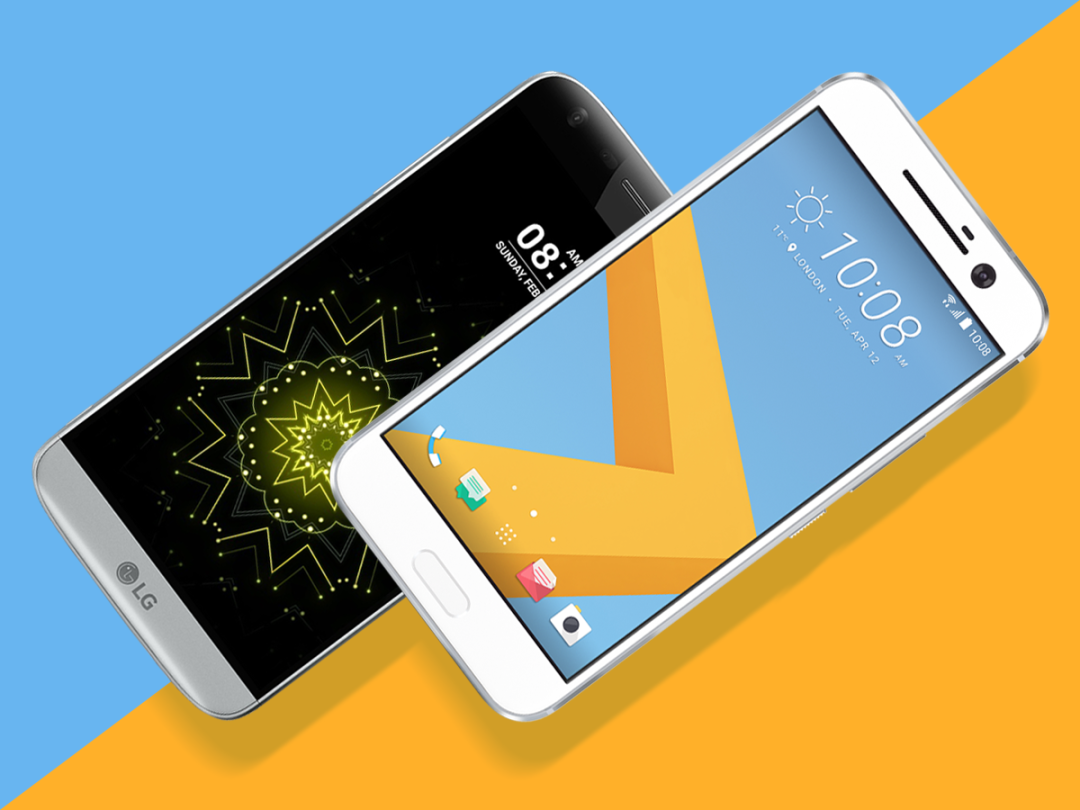
As of this writing, the Galaxy S7 and Galaxy S7 Edge rule our list of the best smartphones in the world, just as their predecessors did last year. But not everyone wants what Samsung is selling.
And if you’re looking for a top-of-the-line Android with ample power, a dazzling screen, and other can’t-miss perks, then your next best options are the HTC 10 and LG G5. Both phones are a big step up from their less-adventurous predecessors, and you really can’t go wrong with either.
But when it comes to spending hundreds of pounds on a handset you’ll be wielding for the next couple of years, you need to dig a little deeper. Luckily, we’re here to take care of all of that for you. Here’s how the HTC 10 and LG G5 compare in all the key categories, along with our pick of which has the upper hand.
Sturdy or modular?
We worried about HTC abandoning the distinctive design of the HTC One M9 and its predecessors, since it’s what set those flagships apart from the competition – but we had nothing to worry about. True, the HTC 10 marks a shift away from the familiar look, but it still follows in the footsteps of its forebears.
The HTC 10 still has a unibody aluminium design, which you’ll not only see but feel: this is a hefty and slightly chunky phone at 161g and 9mm thick, but it makes the phone feel more substantial than a lot of competitors. Add to that the sleek front and blazing-fast fingerprint sensor on the home button and we’re sold.
By comparison, the LG G5’s look is highly underwhelming: we’ve seen a hundred mid-range phones that look like this, and while it’s a step up from the cheap leather backing on the G4, it just doesn’t look or feel all that special.
But there’s more than meets the eye, of course: the G5’s biggest and most unique feature is its modular design, which allows you to quickly detach the bottom to slide in an extra battery, camera grip, or potentially many more things to come. That opens up the G5 to new kinds of possibilities, but we just wish the rest of the phone had a bit more wow factor.
Winner: HTC 10
Bright and beautiful
On the surface, there’s not a huge difference between these two displays: both are beautiful LCD eye-poppers coming in at 2560×1440, with the HTC 10 serving up a 5.2in panel and the LG G5 coming in a hair larger at 5.3in.
Neither stacks up to the Galaxy S7’s OLED panel, which provides deeper blacks, but both offer up crisp colours and super sharpness, and are plenty bright in regular usage. However, there is one key difference: the HTC 10’s colouring seems more balanced, plus there are varying modes to choose from, along with temperature sliders.
The LG G5 has none of that, opting solely for an ultra-vivid approach that may not sit well with everyone. And while the G5 has an always-on screen option that shows the time and notifications on a black backdrop, the clock is too small to be of much value. We ultimately turned it off, so there’s little added value to it.
Winner: HTC 10
Photo finish
Last year, the LG G4 offered a dramatically better camera than the HTC One M9, but this year is a whole new showdown: the LG G5 now has two back sensors, each with a different megapixel count and field of vision, while the HTC 10 returns to the UltraPixel tech of the HTC One (M8).
It’s closer this time, admittedly – but LG still pulls out the win. The G5 has a 16-megapixel sensor with a 75° field of view and also an 8MP sensor with a 135° FOV, and the two combine to deliver results more akin to a DSLR without all that bulk or weight.
You’ll get wonderful daytime and wide-angle shots with bright, natural colouring and plenty of detail up close, while low-light shots are mostly passable. And you can even shoot in Raw with the G5, giving you more power to tweak and snip later on your computer.
Meanwhile, the HTC 10’s 12MP back camera is a big step up from the M9, but still falls a little short compared to the LG G5 (and Galaxy S7, for that matter). Point-and-shoot results can be quite good but are also sometimes underwhelming, although playing in Pro mode can get you more reliable results for your extra effort.
Low-light results are, unsurprisingly, a little hit-or-miss, but can be better at times than what the G5 spits out. And there is one nice perk to the HTC 10’s camera setup: the front-facing camera has optical image stabilisation, curiously, which means you’ll get brilliant selfies. But in day-to-day shooting, we’d rather wield the G5.
Winner: LG G5
Related › Samsung Galaxy S7 review
Let’s do two!
Looking for a strong all-day performer? Both the HTC 10 and LG G5 should have you covered, assuming you’re not planning on streaming Netflix over LTE and playing eye-searing 3D games for an entire 16-hour span.
Hoping to stretch to two full days? Well, that’s where things vary. The HTC 10 has the slightly larger-capacity battery pack, with 3,000mAh compared to 2,800mAh on the LG G5, and we found it to be a fantastic performer.
As our review details, we got the HTC 10 from 11am one day to midnight the following day on a single charge. Granted, we were doing pretty low-level things on the first day, but even so, it’s possible to get a couple days of average use out of the thing. That’s impressive.
With a single battery pack, you probably won’t do the same with the LG G5: it’s a slightly smaller pack, sure, but the G5 also doesn’t seem as power-efficient in daily usage. However, the G5’s modular design does allow you to quickly tuck in a replacement battery, which you could keep in a bag or desk drawer. Still, we’d rather have one great battery than two solid packs.
Winner: HTC 10
Makes Sense
Both phones pack in a Snapdragon 820 processor and 4GB RAM, and similarly have no trouble powering through high-performance games and zipping from app to app. Even our benchmark testing showed near-identical results. Neither will disappoint.
Where they vary, however, is in how they dress up the excellent Android 6.0 Marshmallow with their own tweaks and design shifts. LG’s UX 5.0 is mostly slick and usable, but offers a few odd headaches: the lack of an app drawer and the tabbed settings menu are frustrations. They’re nitpicks, for sure, and the UI is mostly solid – but we still ended up switching to the Google Now Launcher instead.
No need with the HTC 10: the Sense UI is a welcome layer atop Android that doesn’t overly clutter or muddle the core experience. It’s clean, the optional widgets are nice, and Blinkfeed is a welcome content aggregator. We love a Nexus-like pure Android experience, but Sense is the next best thing to it.
Winner: HTC 10
Related › LG G5 vs Samsung Galaxy S7
Verdict
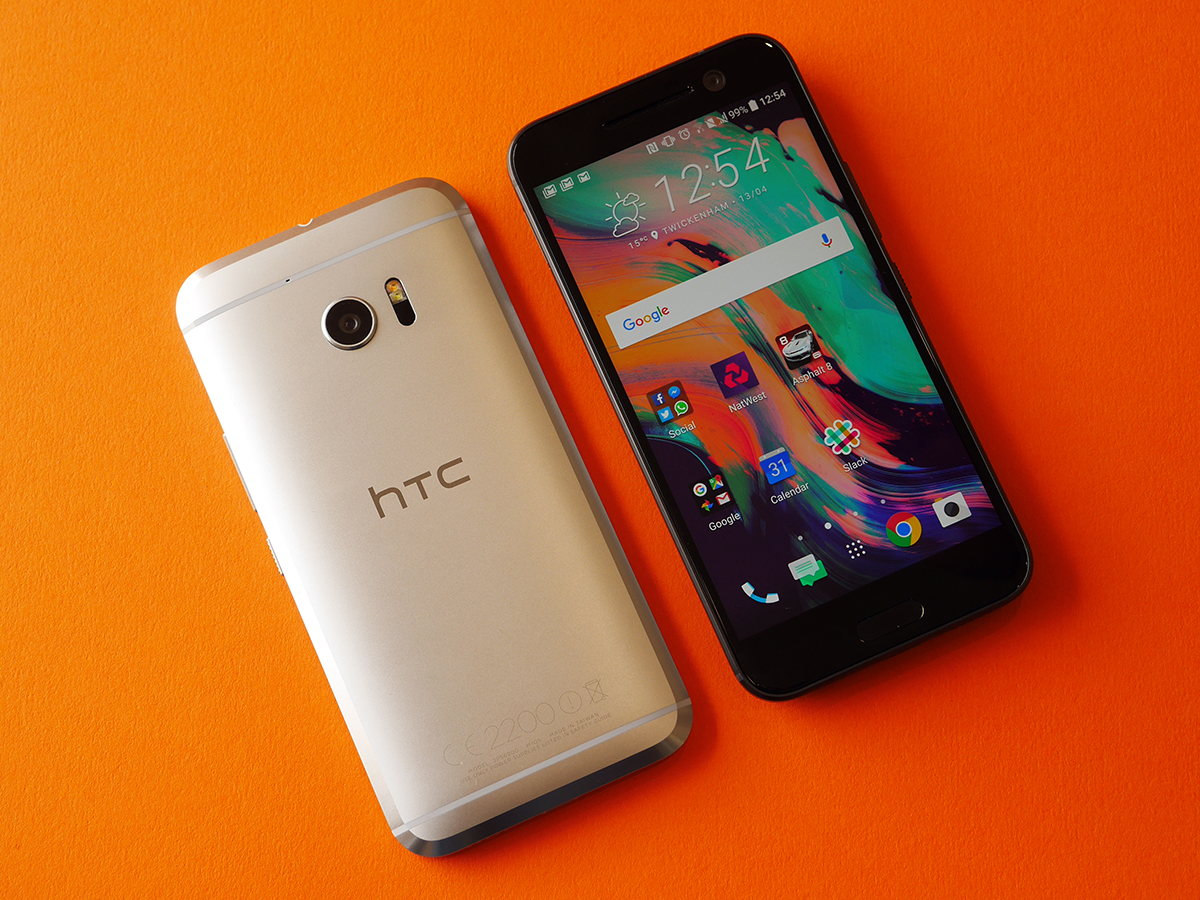
The LG G5 does a lot of things very well, and the modular design offers a perk that absolutely no other phone on the market can match. Like to be on the cutting edge and/or see modules that can provide genuine benefit to you? You won’t be disappointed with the G5.
But in many ways, the HTC 10 one-ups the G5 in terms of day-to-day functionality. The HTC 10 is about as good of an all-around phone as you’ll find on the market, with a weighty, appealing design, great screen, strong battery life, and a surprisingly delightful Android skin.
HTC’s effort falls a little short on back camera quality compared to the LG G5, but still turns out mostly strong results – enough for it to not be a major turn off. The HTC 10 won’t blow anyone away with huge innovations, but it’s impressively refined throughout. Given the choice, it’s the one we’d happily carry in our pockets every day.
Overall Winner: HTC 10
